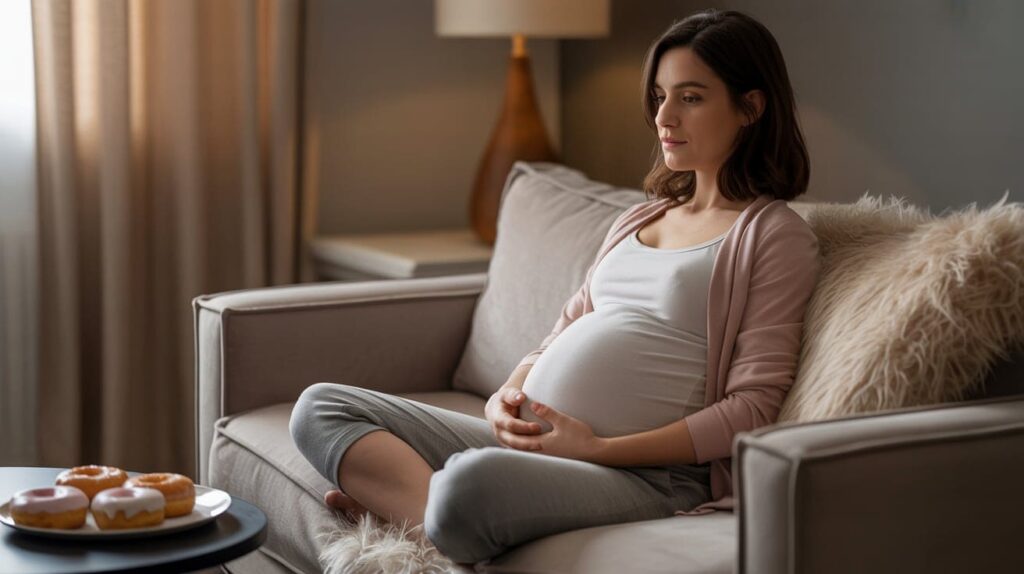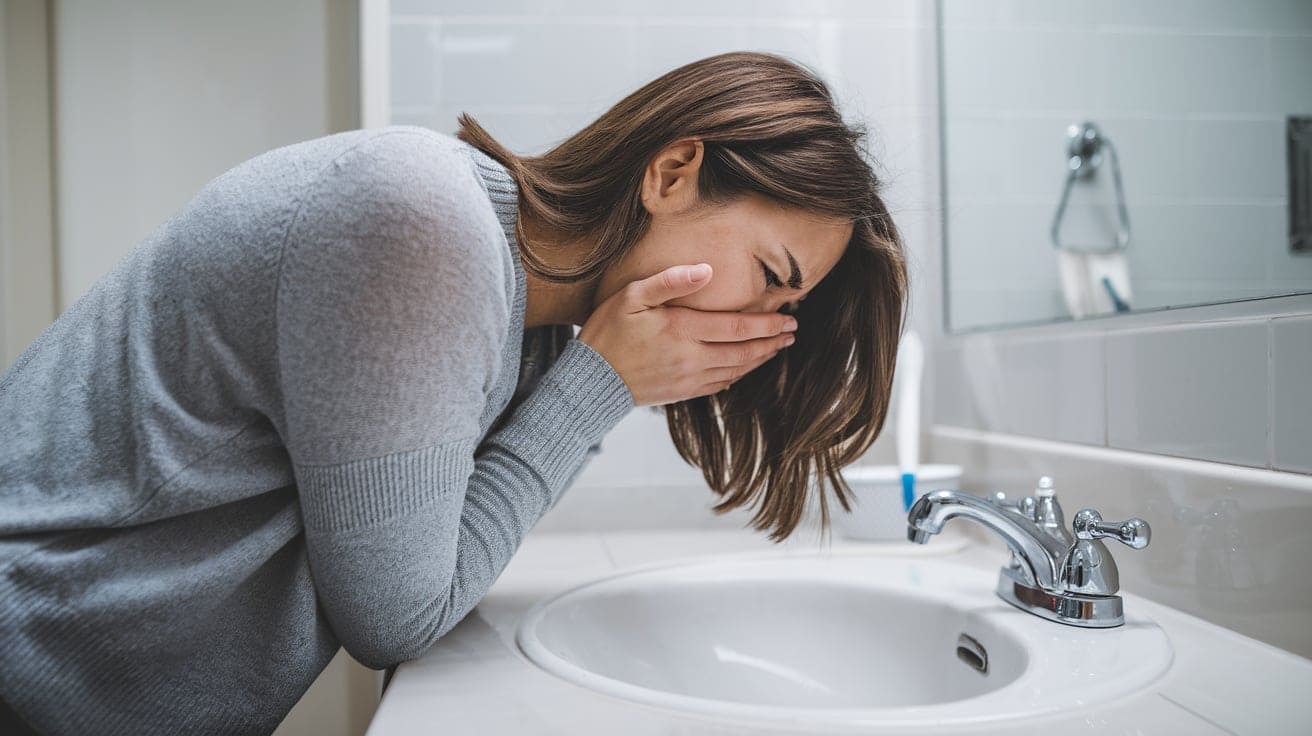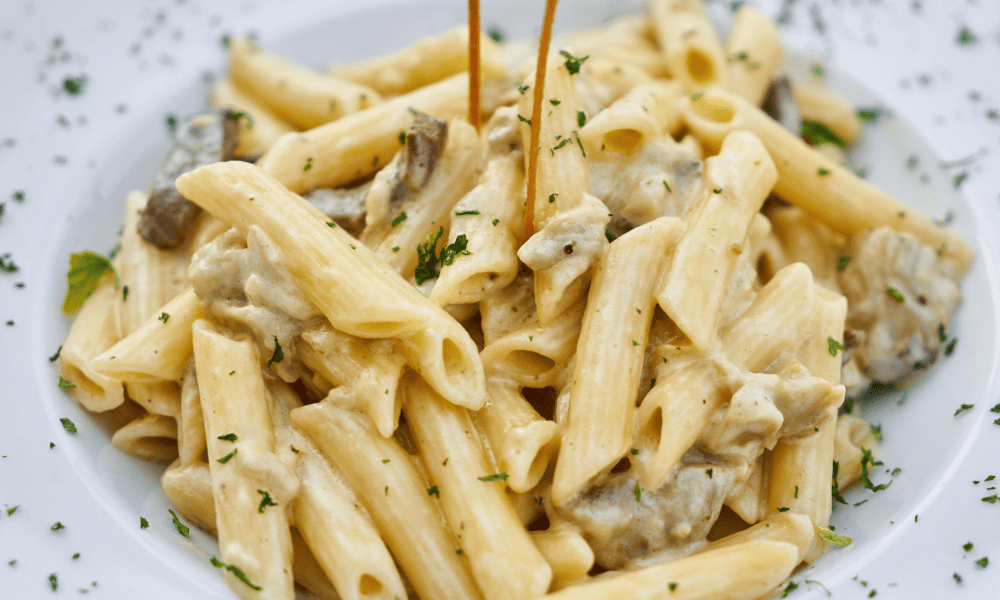
Eating well during pregnancy is one of the most important ways to protect your baby’s health. Not all foods are safe during pregnancy. It’s important to choose wisely to protect both mother and baby. Starting a healthy pregnancy means knowing not just what to eat but also what to avoid. Certain foods that are safe in everyday life can pose risks during pregnancy. Some may carry harmful bacteria, while others may affect your baby’s development. Understanding these risks helps you make safer choices right from the beginning. This guide offers simple, expert-backed advice to help you feel confident about what’s on your plate during this important time.
If you’re feeling unsure about what to eat or what to avoid, you’re not alone. Many pregnant women face this. This guide breaks it down clearly. You’ll learn what foods to skip, why they matter, and how to make safer choices every day.
Can I Eat Deli Meats During Pregnancy?
For safety, it’s best to steer clear of them unless they’ve been thoroughly reheated until steaming hot. Deli meats may carry Listeria, a harmful bacteria linked to miscarriage and stillbirth. Prepackaged meats, cold cuts, and even pre-cooked hot dogs fall into this risk group.
Is It Safe to Eat Raw or Undercooked Eggs?
No. Raw or partially cooked eggs can contain Salmonella. This bacteria may cause food poisoning, which is dangerous during pregnancy. Avoid runny eggs, homemade mayo, raw cookie dough, and dressings like Caesar if made with raw eggs.
Should I Avoid Soft Cheeses?
Yes, unless the label explicitly states that it’s made from pasteurized milk, it’s best to avoid it to ensure safety. Soft cheeses like brie, feta, camembert, blue cheese, and queso fresco can contain Listeria if unpasteurized. Pasteurization eliminates harmful bacteria, ensuring the food is safe for consumption.
Relevant: What Pasta Dishes Are Good for Pregnancy?
Is Sushi or Raw Fish Okay While Pregnant?
Raw fish is off-limits during pregnancy. Raw sushi isn’t recommended during pregnancy because it may contain bacteria or parasites that can harm you or your baby. If you’re craving sushi, choose fully cooked options like shrimp, crab, or vegetable rolls. It’s also best to avoid fish high in mercury, such as king mackerel, shark, or swordfish, as too much mercury can affect a baby’s brain development.
Can I Drink Unpasteurized Juice or Milk?
No. Unpasteurized drinks can harbor harmful bacteria like E. coli and Listeria. Always check that juices and dairy products are clearly labeled as pasteurized.
Is Caffeine Safe in Pregnancy?
In moderation, yes. Health experts generally consider up to 200mg of caffeine per day to be safe during pregnancy. That’s about one 12-ounce cup of coffee. Avoid energy drinks, they often contain too much caffeine and other unsafe ingredients.
Are Herbal Teas Safe in Pregnancy?
Not all herbal teas are safe. Teas like chamomile, licorice root, or hibiscus may trigger contractions or affect hormone levels. Always ask your doctor before drinking herbal teas, even if they’re marketed as natural or healthy.
Why Should I Avoid Raw Sprouts?
Raw sprouts like alfalfa, mung bean, or clover may contain bacteria like E. coli or Salmonella. These bacteria grow inside the seed, making them hard to wash away. Sprouts like alfalfa or bean sprouts can carry harmful bacteria inside their seeds, which makes them hard to clean. During pregnancy, it’s safer to cook sprouts thoroughly to kill any bacteria or avoid them altogether to reduce the risk of foodborne illness.
Is Liver or Liver Products Safe to Eat?
Liver contains high levels of vitamin A, which can harm the baby when consumed in large amounts. Avoid liver, liver pâté, and fish liver oils during pregnancy. They have high vitamin A levels. Too much vitamin A can be harmful.
Can I Eat Leftovers While Pregnant?
Yes, but only if they’re stored and reheated safely. Leftovers should be refrigerated within two hours, eaten within 1–2 days, and reheated until piping hot (at least 165°F). Cold or improperly stored food can increase the risk of foodborne illness.
Final Tips for Safe Eating During Pregnancy
Staying healthy during pregnancy isn’t just about what you eat—it’s also about how you prepare your food. Always wash fruits and vegetables well. Dirt and bacteria can stick to the surface, even on organic produce.
Cook all meat, poultry, and seafood until fully done. Eating undercooked food raises the risk of harmful bacteria, which can lead to foodborne illnesses. Use a food thermometer if you’re unsure.
Keep leftovers in the fridge and eat them within one to two days. Always reheat them until they’re steaming hot.
Check labels when buying juice, milk, or cheese. Make sure they say “pasteurized.”
Avoid foods that sit out too long, like buffet items. If it looks old or smells strange, don’t take a chance.
Clean your hands, utensils, and kitchen surfaces often. This helps prevent cross-contamination.
And finally, if you ever feel unsure about a food, ask your doctor. It’s better to double-check than risk your baby’s health. Small choices add up to a safer pregnancy.
Also Read: Does Vomiting Blood During Pregnancy Affect the Baby?
Conclusion
Making smart food choices during pregnancy is not about being perfect—it’s about being informed. Your body is doing something extraordinary, and it needs the right fuel to support both you and your growing baby. While many foods are nutritious and safe, others can carry risks like harmful bacteria, toxins, or chemicals that affect development.
Understanding what foods to avoid, like raw fish, deli meats, unpasteurized dairy, and high-mercury seafood, helps reduce complications. Even common items like herbal teas, leftovers, and undercooked eggs need extra attention during this time. Small steps, such as washing produce well, reading labels, and cooking food thoroughly, go a long way.
You don’t need to fear food, but you do need to be cautious. Every bite matters when you’re building a new life. If you’re ever in doubt about what’s safe, consult your doctor or a registered dietitian. Listen to your body, stay informed, and choose what supports both you and your baby. With the right knowledge and expert guidance, you can feel confident in every decision you make throughout your pregnancy.
FAQs:
What food should I avoid in early pregnancy?
Avoid raw fish, undercooked eggs, deli meats, and unpasteurized dairy. These can carry bacteria that may harm your baby in the early stages.
What foods can you not eat when pregnant?
Stay away from high-mercury fish like shark or swordfish, soft cheeses made from unpasteurized milk, raw sprouts, and anything undercooked. Limit caffeine and skip alcohol completely.
Which fruit is not good for pregnancy?
Avoid unwashed or overripe fruit. Pineapple, papaya, and grapes in excess may not suit every pregnancy. Talk to your doctor before avoiding any fruit fully.
What should I avoid when pregnant?
Avoid alcohol, smoking, raw or undercooked food, too much caffeine, and unpasteurized drinks. Also, skip any supplements not approved by your healthcare provider.
Can I eat seafood while pregnant?
Yes, but opt for low-mercury choices like salmon or shrimp to ensure safety during pregnancy. Cook it well and eat it in moderation.
Is it safe to eat street food or buffet items when pregnant?
It’s risky. These foods may sit out too long and carry bacteria. Fresh, home-cooked meals are safer.
Can I drink herbal teas during pregnancy?
Some are safe, but others may trigger contractions or affect hormones. Always check with your doctor before drinking any herbal tea.

